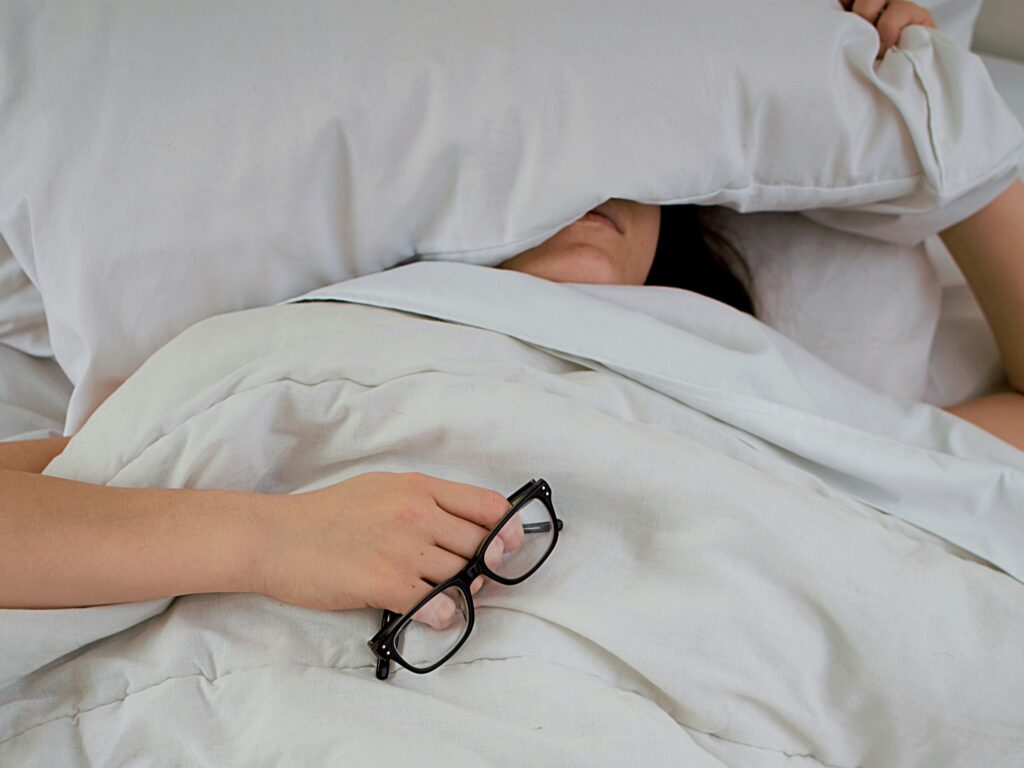Pulmonologist Vânia Caldeira, a specialist in sleep medicine, warned today about the impacts of sleep apnea on health, as it is linked to cardiovascular, cerebrovascular and metabolic risks, and recalled that the underdiagnosis rate is around 80%.
Speaking to Lusa regarding World Sleep Day, which is marked today, the specialist from the Sleep Respiratory Pathology Working Committee of the Portuguese Society of Pulmonology recalled that sleep studies “are far behind” and that until the diagnosis is reached , for many people, this is “a long walk”.
«We have people who wait around three months for their appointment, but there are places where appointments can be up to a year late. After waiting to be evaluated in consultation, if sleep apnea is suspected, you will often have to wait for the exam,” said the specialist, highlighting that, in some places, it can take more than a year.
Until diagnosis, anyone who suffers from sleep apnea and doesn't know it is at risk of cardiovascular disease, heart attack, arrhythmia or uncontrolled blood pressure, stroke and even metabolic risk.
«For example, in people with diabetes it is very difficult to control the disease with medication when sleep apnea is not treated», he explained.
The pulmonologist also highlighted that “insufficient sleep syndrome” – an adult sleeping less than seven to nine hours a night – is “highly prevalent in the population”.
«People continue to think that sleeping poorly is a normal thing, especially if it has been happening to them for a long time, (…) and they devalue the symptoms. This is something we see repeatedly in consultations,” he said.
Regarding the lack of health literacy in this area, he insisted: «There is still a long-held idea that snoring at night is normal, especially in men. Everyone thinks it's normal, and it's not, we know more and more that it has risks and that it is often associated with sleep apnea».
Vânia Caldeira also talks about some symptoms that people are not aware of, or underestimate, such as the impact on mood, the fact that the person is never able to concentrate and even has difficulties with productivity at work.
«When people think about the cause, they don't associate it with sleep, but it often comes from there», he said, considering that there is also «a fear of the diagnosis of sleep apnea», because it continues to be closely associated with the treatment machine with who have to sleep.
He highlights that excessive daytime sleepiness, which is closely associated with sleep apnea, only occurs in a quarter to half of patients and warns: «Many patients, if they wait for this sleepiness, will not get a diagnosis».
The specialist insists on the impact that sleep apnea can have from a cognitive point of view, with difficulties with memory, concentration, attention and even learning.
In this regard, he talks about teenagers, explaining: «because of hormonal changes typical of puberty, they already have a tendency to have a later schedule, (…) to have some difficulty falling asleep if they go to bed too early. On the contrary, in the morning, it is very difficult for them to wake up».
«That's why we insist so much on the topic of being careful with electronic devices at night, especially among teenagers”, he said, adding: “if they get a 'boost', exposure to light from computers or electronic devices, this will delay the production of melatonin", causing them to fall asleep later.
Vânia Caldeira also talks about comorbidities that are very prevalent in the population that often go “hand in hand” with sleep apnea: «Hypertension, diabetes, arrhythmias, namely auricular fibrillation, people with a history of heart attack, as well as people with depression".
In these cases, he argues that an assessment for sleep apnea should be carried out, remembering that, for this, access to primary care is essential, as it is the family doctor who can refer the patient to a specialist.



















Comments